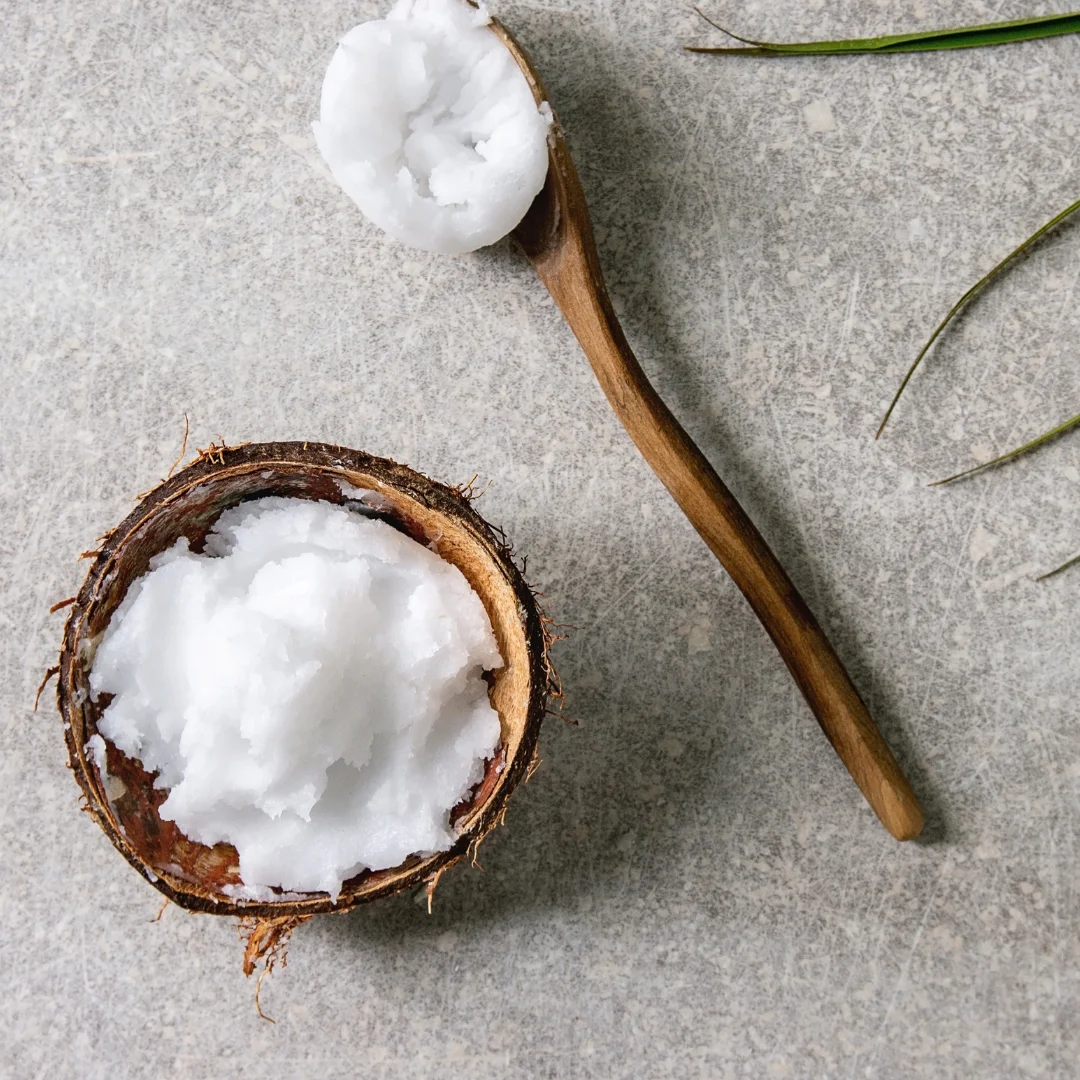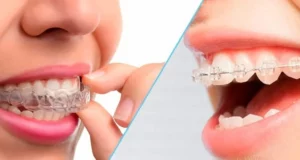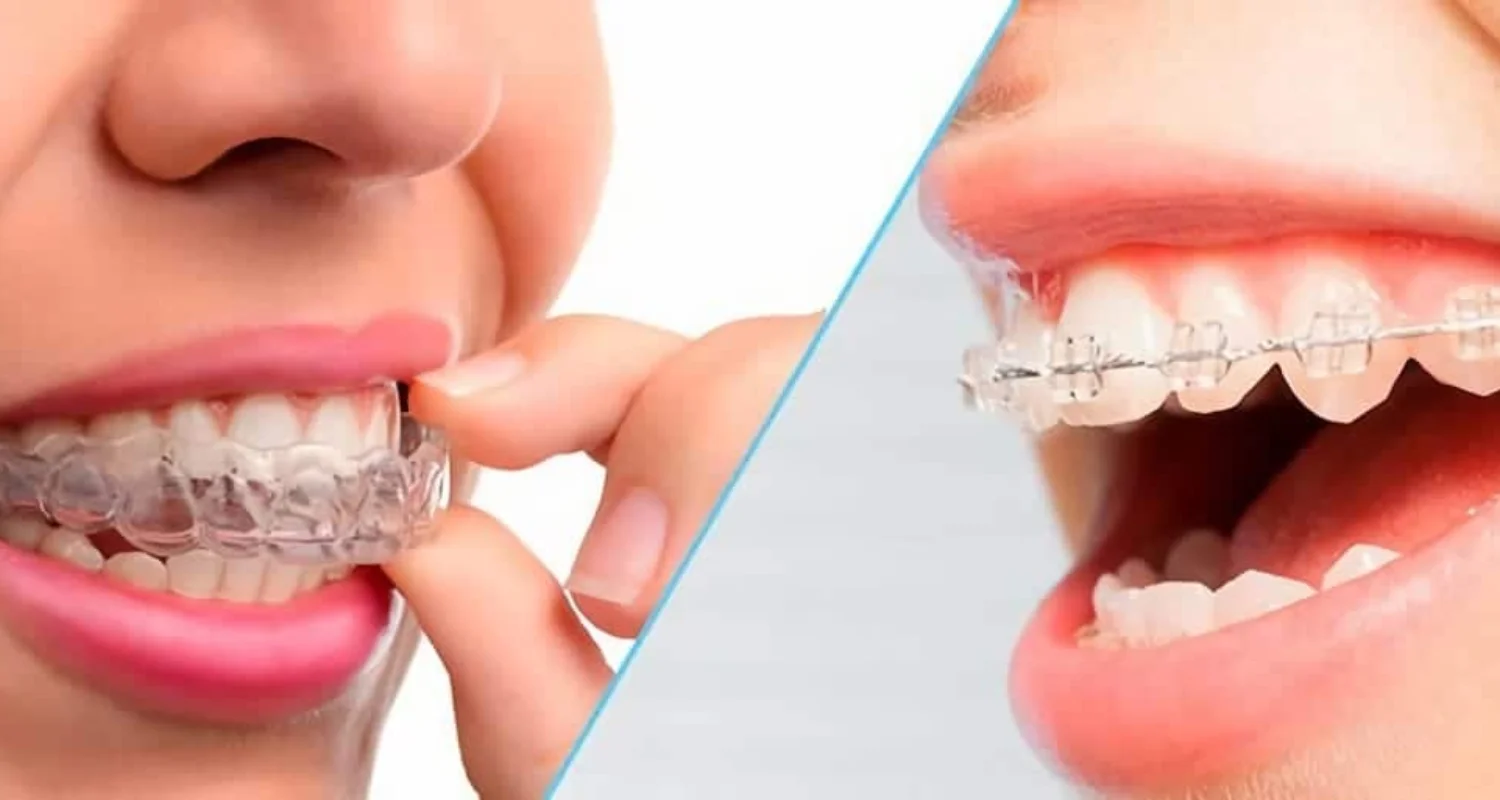Last Updated on: 12th June 2024, 01:41 pm
✓ Fact Checked 🕓
❙ Our team of writers, editors, and medical experts rigorously evaluates each article to ensure the information is accurate and exclusively cites reputable sources.
❙ We regularly assess how the content in this article aligns with current scientific literature and expert recommendations in order to provide the most up-to-date research.
Oil Pull With Coconut Oil: A Natural Ally for a Healthy Smile
Coconut oil has long been an essential component in traditional medicine, especially in tropical regions. Thanks to its anti-inflammatory, antimicrobial, and moisturizing properties, it has become an ally in various natural treatments. Due to its low cost and easy access, coconut oil has been studied as a possible agent to improve oral health.
This oil is used in the “oil pulling” technique or a mouthwash that helps reduce bacteria in the mouth, fight bad breath or halitosis, and prevent cavities, thus promoting better dental hygiene. Join us to learn all about the benefits of this wonderful product.
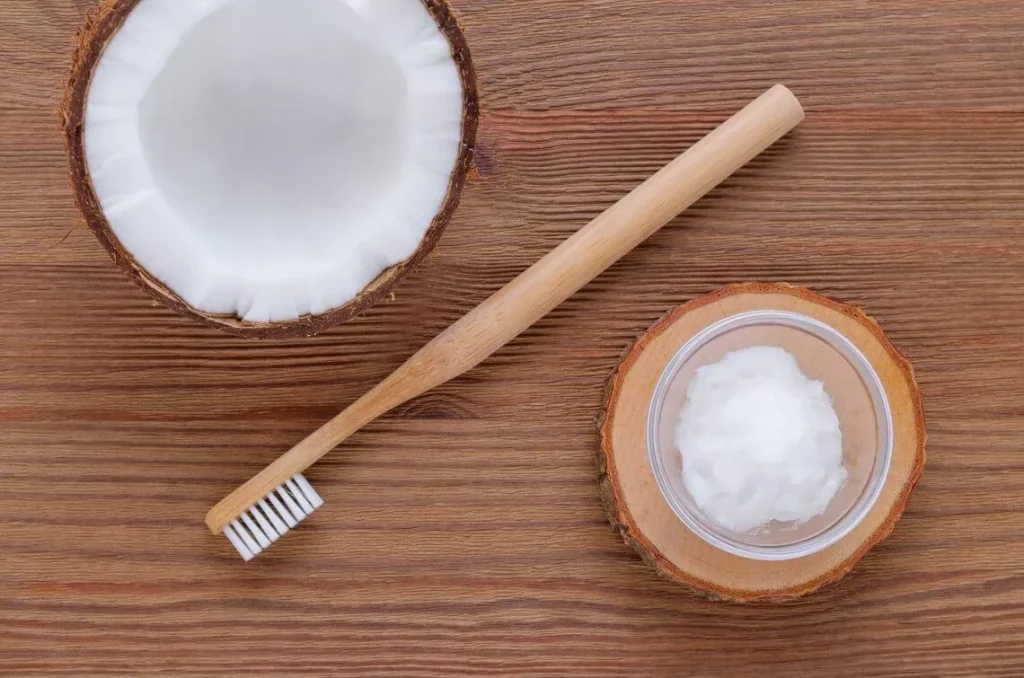
Benefits of Coconut Oil on Oral Health
● Anti-inflammatory properties: Coconut oil contains lauric acid, which boasts anti-inflammatory and antimicrobial properties. Applying coconut oil to swollen gums after a dental procedure can reduce swelling and pain.
● Antimicrobial properties: These are mainly attributed to the high content of lauric acid, a fatty acid that is effective against a wide range of bacteria, viruses, and fungi. When applied, lauric acid becomes a compound capable of disintegrating the membrane of disease-causing microorganisms, thereby effectively destroying them.
These properties make coconut oil a valuable element in the prevention and treatment of infections, both in topical applications and oral care, where it helps maintain a clean and healthy mouth.
● Natural analgesic effect: Coconut oil can also act as a natural pain reliever. Gently massaging the oil into the affected area can provide pain relief, for example after dental procedures.
● Infection prevention: Studies have shown that coconut oil has antimicrobial properties against Streptococcus mutans or Candida Albicans. This is especially valuable in preventing cavities, gum disease, and infections following dental extractions or other invasive procedures.
● Hydration and healing: Coconut oil is an excellent natural moisturizer. It can help keep your mouth and gums hydrated, which is essential for proper healing.
● Reduction of dry mouth: Dry mouth is common after certain dental procedures. Applying coconut oil to your mouth can relieve dryness and promote saliva production.
How to do Oil Pull with Coconut Oil?

Oil pulling as a technique involves swishing a measured amount of oil around the mouth for some time. The procedure involves the forced passage of oil between all the teeth and around the mouth.
1. Choose a high-quality oil: It is advisable to opt for virgin or extra virgin coconut oil, since they are less processed and therefore retain more of their beneficial properties.
2. Use the right amount: Start with a tablespoon of coconut oil and adjust the amount according to the patient’s comfort.
3. Swish: Rinse gently and slowly through the teeth and around the entire mouth, avoiding swallowing the oil. The oil will mix with saliva and bacteria, forming a white, foamy mixture.
4. Spit out the oil: After 15-20 minutes, spit the oil out into a container for disposal. Spitting into the sink is not recommended as the oil could solidify and clog your pipes.
5. Rinse with warm water: After spitting, rinse your mouth with warm water and continue your daily oral hygiene routine.
6. Repeat: Oil pulling can be done daily or several times a week, depending upon the patient’s time availability.
Oil Pull with Coconut Oil as a Complement to Oral Hygiene
Over the years, tooth brushing has proven to be the most effective oral hygiene practice. Therefore, oil pulling is proposed as a complementary tool to improve oral health, but it should not replace the use of a toothbrush and floss. In addition, it is prudent to consult with a dentist before starting any new practice, to ensure that it is the most appropriate for you.
Important considerations
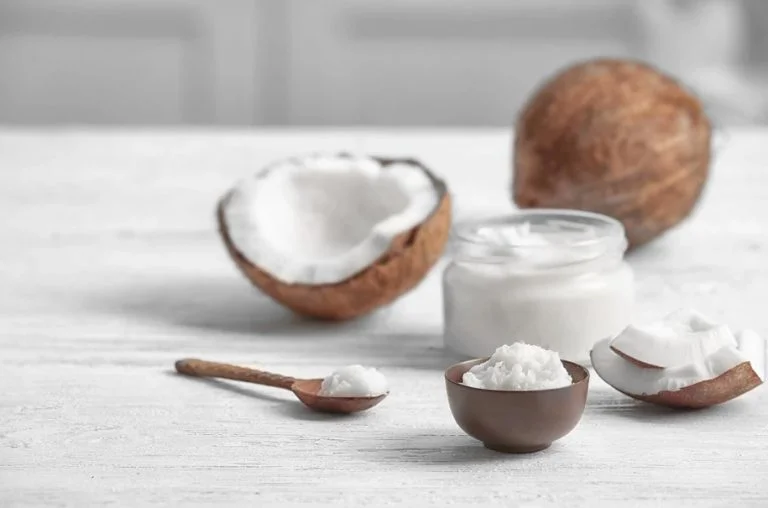
Although coconut oil can be beneficial for overall oral health, keep some considerations in mind:
● The oil should not be swallowed: It is important not to swallow the oil during the process, as it may contain toxins and bacteria from the mouth that have been removed.
● Beware of allergies: As with any product, some people may be allergic to coconut oil. Therefore, it is appropriate to place a small portion on the skin before applying it to the mouth, to ensure there is no allergic reaction.
● Interference with treatments: If you are following a specific treatment indicated by a dentist, it is preferable to consult before using coconut oil to ensure it does not interfere with the effects of the proposed treatment.
● Does not replace professional dental care: Coconut oil is a supplement and should not replace professional dental care.
● Oral hygiene: Coconut oil can be helpful, but it is not a substitute for brushing and flossing.
Comparisons with Traditional Dental Remedies
A revision of a scientific study published in 2020 showed that coconut oil could have an antimicrobial effect similar to that of chlorhexidine rinses, a product widely recommended by dentists to reduce bacterial load and prevent and control oral infections.
This could prove very beneficial, since rinses with chlorhexidine, although very effective, have multiple side effects, such as stains on the teeth, changes in taste, and irritation of the mucous membranes. However, although coconut oil is a very promising natural option, no studies have yet been conducted, evaluating the long-term effects of oil pull with coconut oil.
Conclusion
● Coconut oil emerges as a promising solution for tooth pain, combining effectiveness and naturalness. Although it is a valuable supplement, it should always be used under professional guidance.
● When comparing coconut oil to conventional dental treatments, it offers a natural alternative with seemingly fewer side effects. However, it should not be a substitute for professional medical care. Use it with caution, as long-term adverse effects are unknown.
Frequently Asked Questions
Is it advisable to practice oil pulling with coconut oil?
Studies have shown that coconut oil can offer benefits. For example, a month-long study of 60 adolescents revealed that the daily use of oil pulling with coconut oil significantly decreased gingivitis indicators. Thus, it has been suggested that this practice can contribute to the reduction of gum inflammation, also known as gingivitis.
When is it best to brush your teeth in relation to oil pulling with coconut oil?
It is not essential to brush your teeth before oil pulling, since the process helps eliminate food debris and oral bacteria. However, it is crucial to brush after oil pulling to ensure complete elimination of any toxins released during the process.
What do dentists think about oil pulling?
Dentists have certain reservations about the oil extraction technique. While it is not considered particularly harmful, side effects can manifest in some people. Importantly, this practice should not replace daily brushing, flossing, or other essential oral hygiene habits to maintain optimal oral health.
Does coconut oil benefit dental health?
Current studies indicate that coconut oil may be effective in reducing dental plaque and inflammation, thereby helping to combat gum disease. A preliminary study revealed that oil pulling with coconut oil for 30 days significantly reduced both plaque accumulation and gingivitis symptoms in 60 individuals with plaque-induced gingival disease.
Share:
References
1. Frothingham, S. (Mar 31, 2020). Is coconut oil pulling safe? Healthline. https://www.healthline.com/health/coconut-oil-pulling-dangers
2. Gbinigie, O., Onakpoya, I., Spencer, E., McCall MacBain, M., & Heneghan, C. (2016). Effect of oil pulling in promoting oro dental hygiene: A systematic review of randomized clinical trials. Complementary Therapies in Medicine, 26, 47–54. https://doi.org/10.1016/j.ctim.2016.02.011
3. Kris Gunnars, B. (May 2, 2018). Oil pulling with coconut oil can transform your dental health. Healthline. https://www.healthline.com/nutrition/oil-pulling-coconut-oil
4. Oil pulling with coconut oil: How to and benefits. (Nov 21, 2018). Yahoo.com. https://www.medicalnewstoday.com/articles/323757
5. Puri, N., & Rdh, B. (2015). Holistic approach of oil pulling in the dental world A literature review. 84(5), 20–23. https://www.proquest.com/openview/40992ec252a7dd625aacb58f58942b8f/1?pq-origsite=gscholar&cbl=35851
6. Sandra Darling, D. O. (Sep 14, 2022). The benefits of oil pulling for dental health. Cleveland Clinic. https://health.clevelandclinic.org/is-oil-pulling-your-best-choice-for-dental-health/
7. Woolley, J., Gibbons, T., Patel, K., & Sacco, R. (2020). The effect of oil pulling with coconut oil to improve dental hygiene and oral health: A systematic review. Heliyon, 6(8), e04789. https://doi.org/10.1016/j.heliyon.2020.e04789


